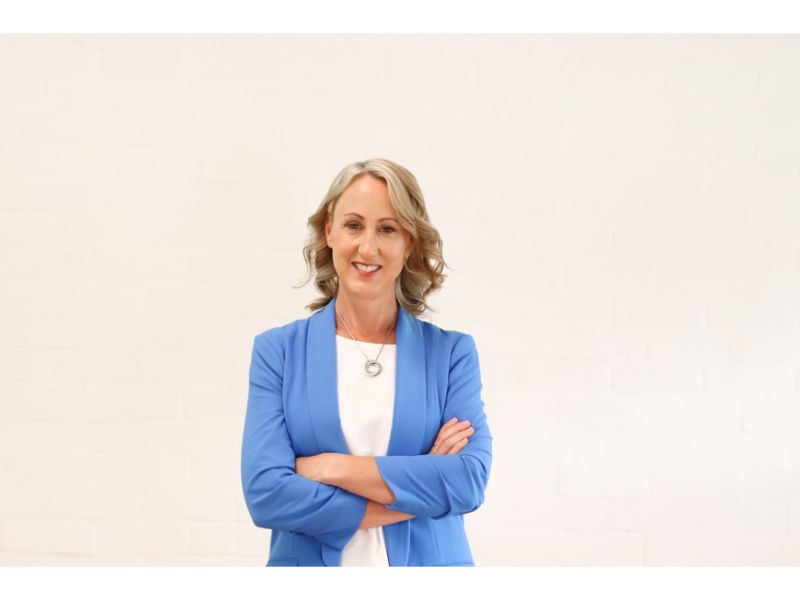
Are your beliefs about feedback interfering with your feedback conversations?
Your beliefs about feedback hold your feedback behaviour in place. When it comes to the word ‘feedback’, what immediately comes to mind for you? Your childhood experiences, early work experiences, feedback from teachers, coaches and peers all impact your current thinking about feedback. Think back to your very first job, what was your very first workplace experience of feedback?
Useful beliefs about feedback:
Feedback helps me grow and learn in the role.
I’d rather know now, rather than in three months’ time.
I can choose how I respond to feedback offered to me.
I can offer feedback in a respectful, compassionate way.
Limiting beliefs about feedback:
Feedback means I’ve done something wrong.
Feedback means I’m not good enough.
Feedback makes me feel uncomfortable.
Offering feedback usually ends badly, and it’s safer to say nothing.
You can participate in all the feedback skills training in the world, but if you continue to believe feedback conversations are a threat and dangerous, you will avoid participating in feedback conversations. That makes sense when you consider that we are always trying to keep ourselves safe, including psychologically safe.
If you believe feedback is about improving, learning and exploring your potential, you will be more comfortable with struggle, making mistakes and taking on the role of learner. You will be more open to considering feedback. You will value it and appreciate the feedback offered to you. You might even ask for it!
Anna’s story
‘I had been in a leadership role for two years. I’d already attended a ‘How to have Courageous Conversations’ workshop – and I was still avoiding having them. I felt like an imposter. My limiting belief was, “Leaders SHOULD know how to have these conversations, I don’t, so I’m not a good leader”. I started to wonder if I was leadership material.
The main reason I was afraid to have feedback conversations was if there may be a risk of high conflict. And consequently, without my peers and line manager knowing, I often buried my head in the sand, and avoided the conversations, hoping things would magically improve on their own. Of course, they didn’t.
I felt ashamed and guilty that I wasn't addressing the issues and having hard conversations. I was already trying to step into my power - and I could be courageous at certain times, but I was also a people-pleaser, and I didn’t take feedback well (although I pretended to). I was good at supporting people and that's how I tried to deal with it; I just tried to give them more support. I thought “maybe if I try hard enough, they will change”. Again, this was wishful thinking on my part.
I wasn't addressing some of the fundamental things like dynamics within the team and personality clashes. I didn’t feel I could ask for help. I'd never admit to and be vulnerable about my lack of confidence in having these conversations. I didn't know how to deal with it. And I felt ashamed that I didn't know how to deal with it. There was no Brené Brown podcast to listen to back then!’